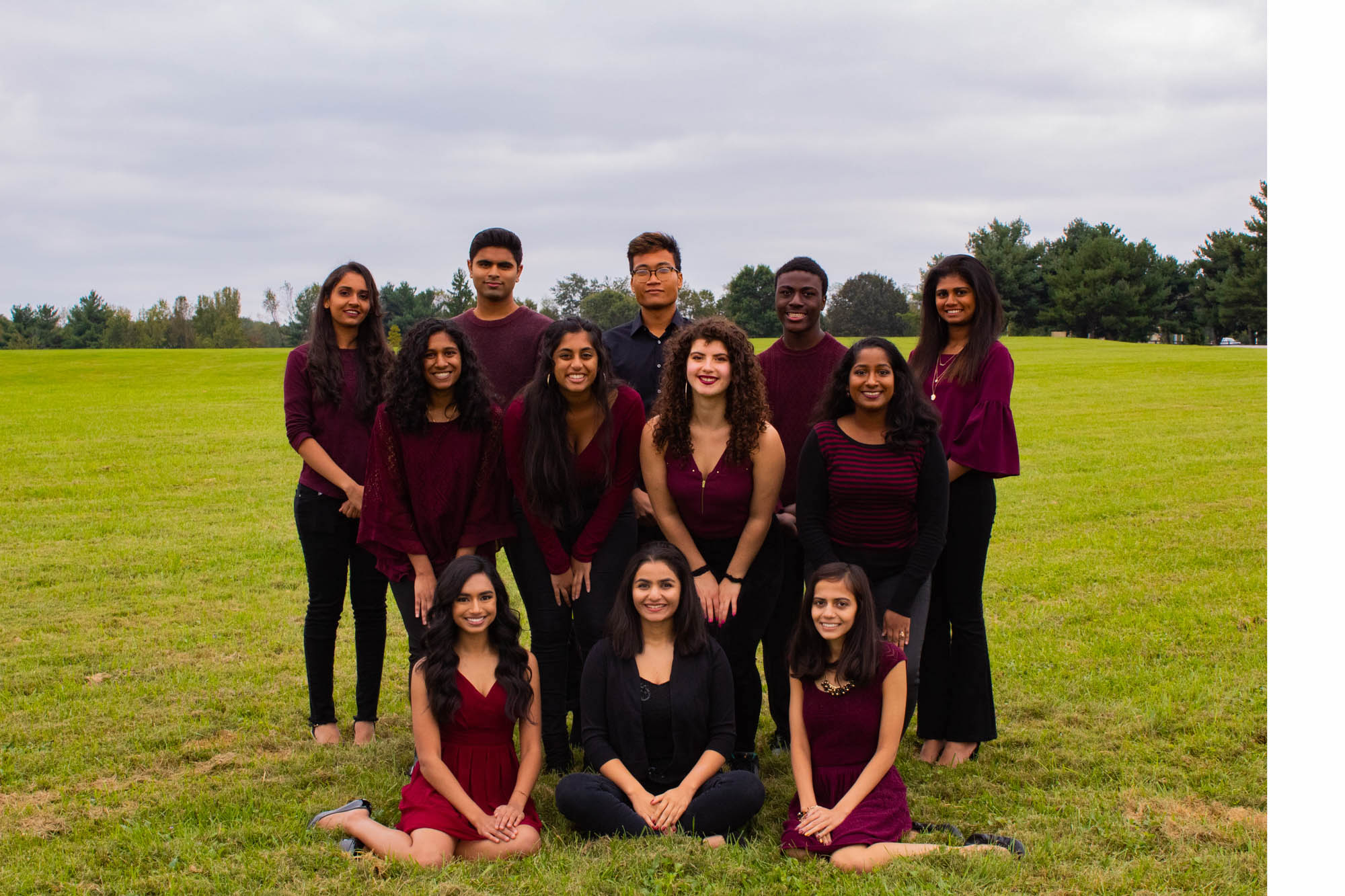
Kentucky Karana, a Bollywood-Fusion team based out of the University of Kentucky, was established in 2016 by Chaitra Tirumalaraju, Monica Shah, and Sneha Rajan. It was created to provide an opportunity for students that are passionate about dance to become part of a competitive team, expose students to Indian culture and arts, bring together people of diverse backgrounds, and expand the arts community at the University of Kentucky.
Interview
How has you team developed over the years?
During the first year, our team was not competitive. Instead, the focus was more on establishing the team and laying the team’s groundwork for the future. During the second year, our team entered the competitive network. We had to learn how to apply to competitions, prepare the dance routine and costumes, work out travelling, allocate our money, and much more. Right now, we are in our third year and looking back it has been a huge learning experience. Finding solutions to challenges is easier and we have all developed to be more strong, flexible, and mindful of the each other and the team as a whole.
What methods did you use for recruitment for your team?
At the beginning of school year, University of Kentucky hosts K-Week, a week of events preceding the start of classes for incoming freshman. The team took advantage of this by hosting a Bollywood Zumba event, setting up a booth at K-Week events to recruit new members, and increasing our presence on campus. We set up posters around campus so students were aware of our team. We also encouraged members to introduce the team to people they knew and ask them to join if interested.
After K-Week, we held an information session so students could learn more about the team. Afterwards, two open practices were held so students could see part of the dance routine and decide if they wanted to join Karana.
How do you go about training new members?
Training is not very intensive. We understand that students have other priorities and are juggling several things like academics, extracurricular activities, social life, and family. We try to make practice convenient by only having rehearsals twice a week for two hours. To get new members acclimated to the routine, one song is taught at a time and the more difficult material is taught earlier. We also teach technique before moving into choreography. Videos are posted online for students to look at while practicing and individualized help is available if members need extra assistance.
Describe the switch between being an all-girls team to being co-ed?
We knew that making the switch between being an all-girls team to co-ed would be difficult, so we made changes to the recruitment process at the beginning of this year. All the posters and boards put up on campus and at K-Week included the statement “co-ed”, so students would understand anyone was welcome to join the team. Also, we altered the choreography so it was less gender specific. Furthermore, we encouraged active members to talk about the team to other students. These methods increased the number of boys on the team. The dynamic of being co-ed this year is very different from what we are used to, but it is an exciting change and we look forward to seeing how it plays out on stage!
What advice would you give to individuals who would like to start a new team with limited resources?
Understand that it is going to be a difficult and grueling process, but if you put in the effort it is very much possible. Starting is the hardest part, but once you have established the team the ride gets easier from then on. I would encourage new captains to find people who are passionate about creating and joining a dance team because that makes the process feel less daunting.
Fun Facts & Social Media
One third of our team can twerk.
We host Bollywood Zumba on campus every year.
We are the only Bollywood-fusion dance team in the entire state of Kentucky
